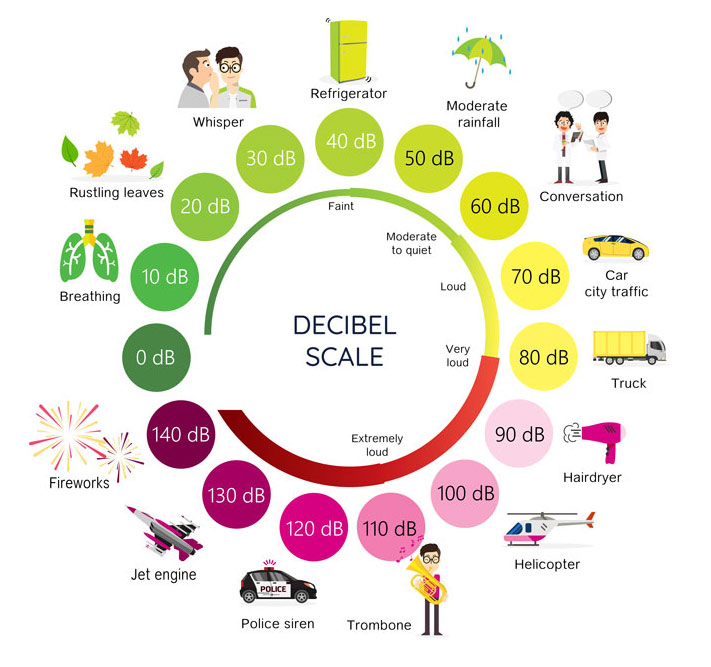CHECK ELIGIBILITY
Qualify for Free Hearing Aids with No Cost to You
We strive to simplify the entire process, making it easy for you from the initial testing, diagnosis, treatment, to the fitting of hearing aids. Whenever feasible, we also aim to provide these services to you at no cost.



